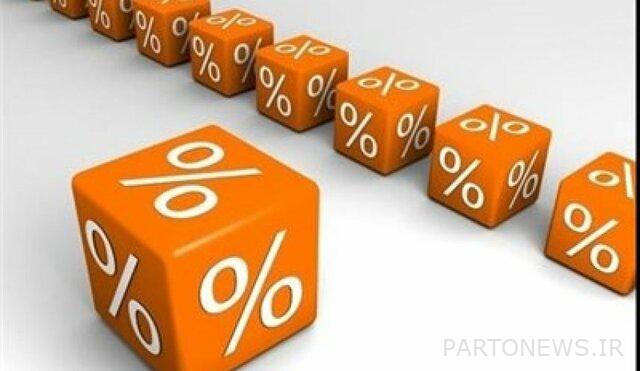Interbank profit reached 21% again

At the end of July this year, the interest rate in the interbank market set a record and reached a rate of 21.31%, which was met with a negative reaction by the capital market activists, who considered it an influential factor in the fall of the stock market index during that period.
In response to the increasing trend of interbank interest, a meeting was held with the presence of the head of the Central Bank and the Stock Exchange Organization, in which the control of interbank interest was emphasized.
Also, Abbas Hosseini – Deputy Minister of Banking Affairs, Minister of Economy – said in this regard that there is no policy to increase the interbank interest rate and this rate will be quickly adjusted and rationalized.
In addition, in this regard, Ehsan Khandozi, the Minister of Economic Affairs and Finance, also announced to Isna that the policy of the economic team that the interbank interest remains within the range of 20% has not changed, and a decision will be taken to resolve this issue at the meeting of the Money and Credit Council. .
Following the statements of the authorities on the control of the interest rate in the interbank market, this interest began to decrease and was in the range of 20%, but now after a few months, the latest changes in the interest rate in the interbank market show that until December 29 Currently, this rate has reached 21%.
In the meantime, the story of the stock exchanges’ opposition to the increase in interbank interest goes back to the fact that they believe that an increase in the interbank interest rate will increase the cost of financing the deficit of banks’ resources, and banks are willing to pay interest to depositors at higher rates to compensate for their deficit. This raises the attractiveness of banks for investment and has an important effect on the movement of liquidity from the capital market to banks.
On the other hand, monetary and banking experts say that this rate has no effect on the developments of the stock market index, and the increasing trend of this rate is due to inflationary pressure and expectations under the influence of exchange rate growth, not anti-inflationary policies.
Of course, experts believe that the increase in interbank interest can affect the capital market trend if the increase in interest in the interbank market is continuous and significant.
Meanwhile, the head of the central bank knows the trend of interbank profit changes related to the supply and demand situation and declares the purpose of this bank in the interbank market is to control interest rate fluctuations.
Also, according to Mohammad Nadali – Director General of Monetary and Credit Operations of the Central Bank, the interest rate of deposits and facilities in Iran is not subject to the conditions of the interbank market; Therefore, changes in interbank interest cannot have an impact on the capital market, rather, it is the changes in the interest rate of deposits and facilities that affect the capital market.
According to this report, the interbank interest, which as one of the types of interest rates in the money market directs the interest rates in other markets, is actually the price of banks’ reserves and when they suffer at the end of the short-term financial period, either daily or weekly. Deficits become reserves, they borrow from other banks in the interbank market or from the central bank.
Currently, this profit has reached 21%, which should be seen to continue its upward trend or return to 20%.

